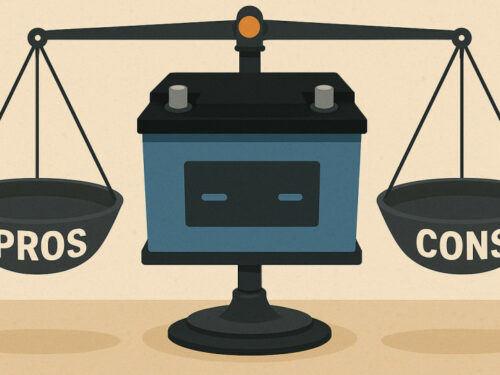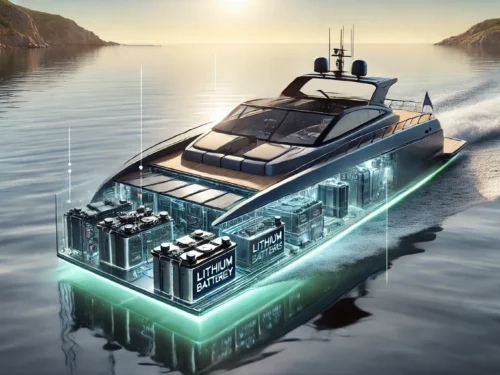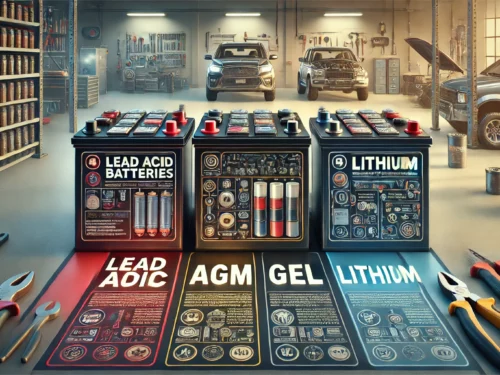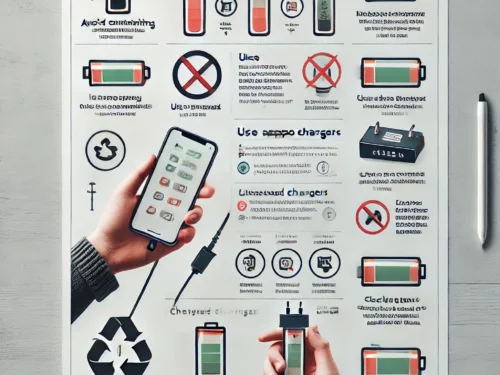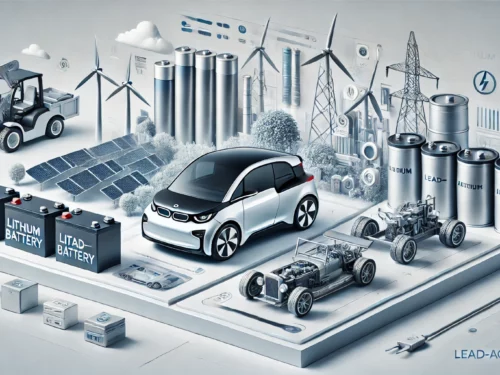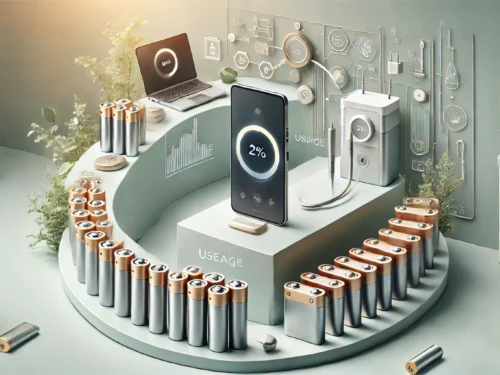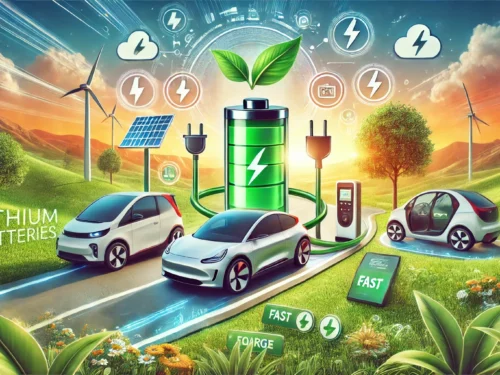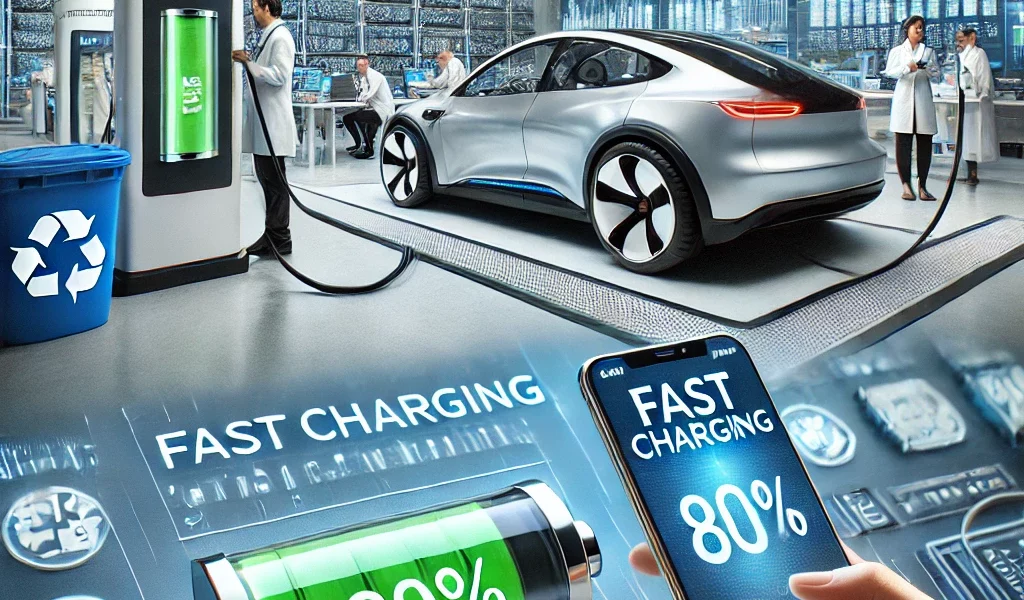
Lithium batteries have revolutionized how we power our world, from smartphones and laptops to electric vehicles and renewable energy grids. But as technology advances, so does the demand for better, faster, and more sustainable energy storage. So, what’s next for lithium battery technology? Let’s explore the groundbreaking innovations shaping the future of power storage.
Why Lithium Batteries are Leading the Charge
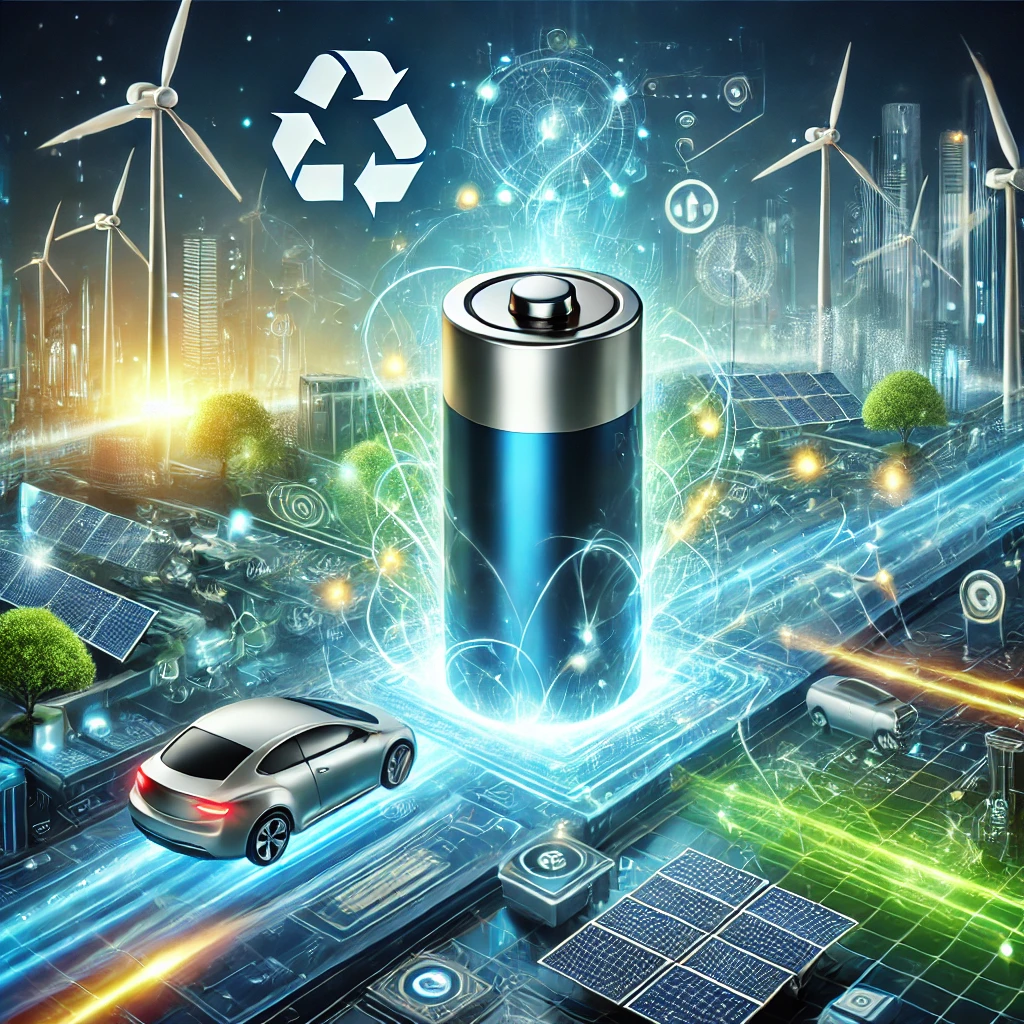
Lithium batteries are already at the forefront of energy storage because they are:
- Lightweight and compact: They offer high energy density without adding bulk.
- Long-lasting: With proper care, they have a significantly longer lifespan compared to traditional batteries.
- Versatile: Lithium batteries power everything from consumer electronics to electric cars and grid systems.
However, as impressive as lithium batteries are, they’re not perfect. Scientists and engineers are working to address limitations like capacity, charging speed, and environmental impact. The result? Exciting new developments you’ll want to know about.
Faster Charging: Cutting Down Wait Times
One of the most exciting breakthroughs in lithium battery technology is ultra-fast charging. Imagine fully charging your smartphone or electric car in just minutes instead of hours.
- Silicon anodes: Replacing graphite with silicon can significantly increase charging speeds.
- Solid-state batteries: By using solid electrolytes, these batteries eliminate safety issues and improve charge times.
- Advanced cooling systems: New designs help manage heat buildup during rapid charging, preventing damage to the battery.
For you, this means less waiting and more time enjoying your devices or hitting the road.
Longer Lifespan: Batteries That Last Years Longer
Battery longevity is a major concern, especially for electric vehicles and renewable energy systems. Innovations are tackling this head-on to give you batteries that last longer and perform better over time.
Key Developments:
- Self-healing materials: Some new battery designs use materials that repair themselves, extending their lifespan.
- Battery management systems (BMS): Smart systems monitor battery health and optimize performance.
- Lithium-sulfur batteries: With higher energy density and longer cycle life, these could replace traditional lithium-ion batteries in the future.
For consumers, this means fewer replacements, reduced costs, and a lower environmental impact.
Higher Capacity: Storing More Power in Smaller Spaces
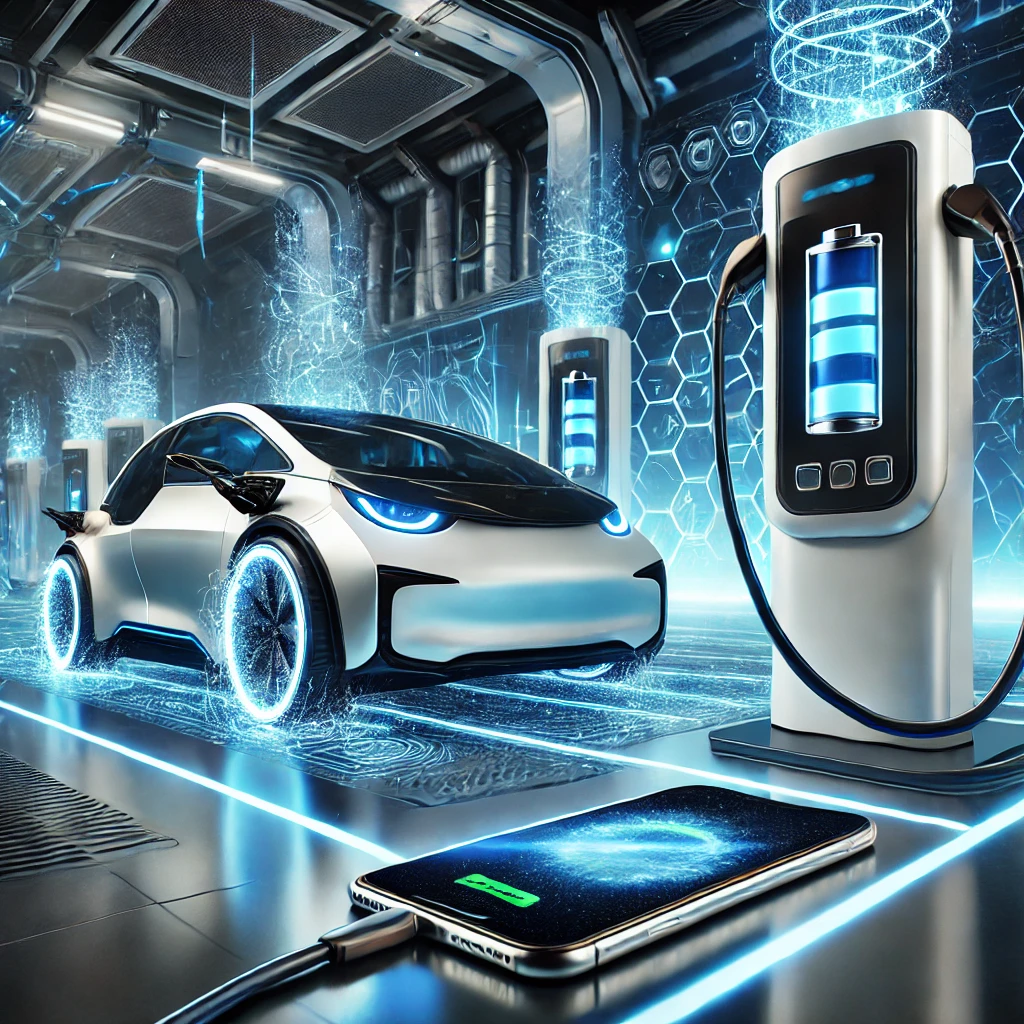
Capacity is king in the world of batteries. The more energy a battery can store, the longer your devices can run or your car can drive.
- Solid-state batteries: In addition to faster charging, these batteries pack more energy into a smaller space.
- Lithium-air technology: This promising innovation could offer up to five times the energy density of current lithium-ion batteries.
- 3D battery architecture: By rethinking the structure of the battery, scientists can fit more active material into the same size cell.
With these innovations, you can expect longer-lasting gadgets, longer drives between EV charges, and greater reliability for renewable energy storage.
Sustainability: Greener Batteries for a Cleaner Future
The environmental impact of lithium batteries has sparked concerns, especially regarding raw material extraction and disposal. But the next generation of batteries aims to be more eco-friendly.
Key Innovations:
- Recycling advancements: New recycling technologies can recover up to 95% of a battery’s materials for reuse.
- Sustainable materials: Researchers are exploring alternatives to cobalt, a controversial material often used in lithium-ion batteries.
- Biodegradable components: Some experimental batteries use biodegradable electrolytes and materials.
For you and the planet, this means cleaner production processes, less waste, and a smaller carbon footprint.
The Rise of Solid-State Batteries: The Game Changer
Solid-state batteries deserve a spotlight of their own. By replacing liquid electrolytes with a solid alternative, these batteries offer:
- Greater safety: No flammable liquids mean fewer risks of fires or explosions.
- Higher energy density: More power can be stored in the same space.
- Longer lifespan: Solid-state batteries can withstand more charge cycles without degrading.
Automakers and tech giants are racing to bring these batteries to market, and experts predict they could become the new standard within the next few years.
What Does This Mean for You?
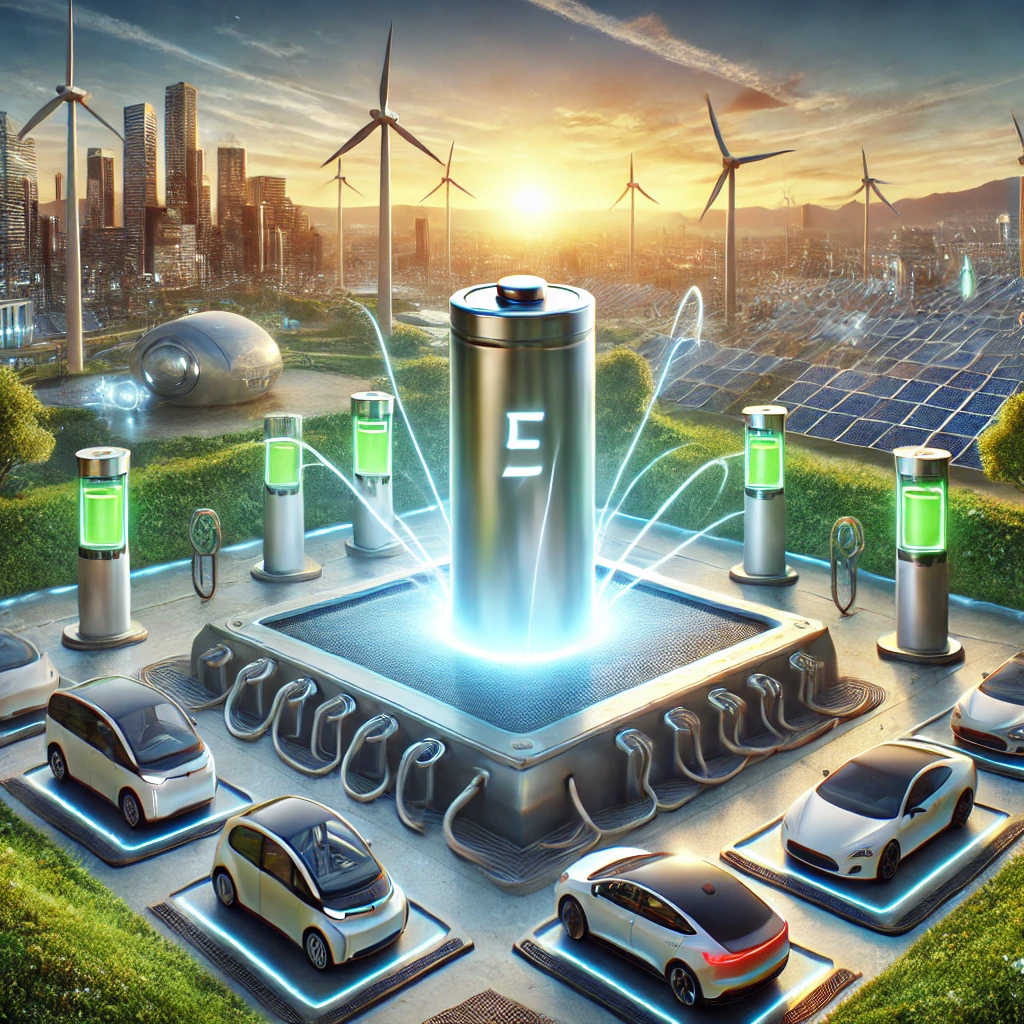
The future of lithium battery technology is brighter than ever. Here’s what you can expect in the coming years:
- Faster charging times: Say goodbye to long waits for your devices to recharge.
- Longer-lasting batteries: Use your gadgets and vehicles for years without performance loss.
- Smaller, more powerful batteries: Enjoy longer run times without adding weight or bulk.
- Environmentally friendly solutions: A greener, cleaner energy future for everyone.
As companies continue to invest in research and development, these innovations will soon become part of your daily life. Whether it’s a smartphone that charges in minutes or an electric car with a 1,000-mile range, the possibilities are endless.
Lithium battery innovations are shaping the future of energy storage, bringing faster charging, higher capacities, and sustainable solutions right to your fingertips. As technology evolves, you can look forward to a world where power is more efficient, reliable, and eco-friendly.
The next big leap in battery technology isn’t just around the corner—it’s already here. Get ready to power your world like never before!

